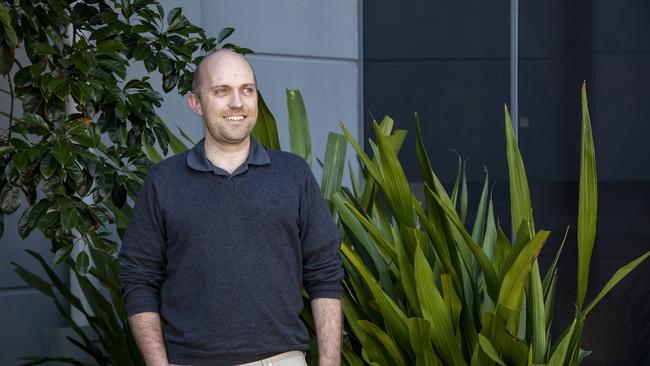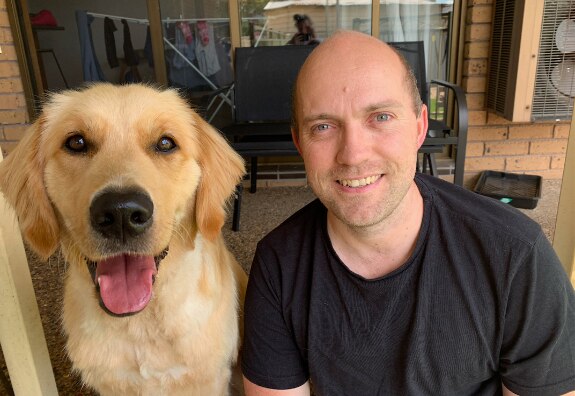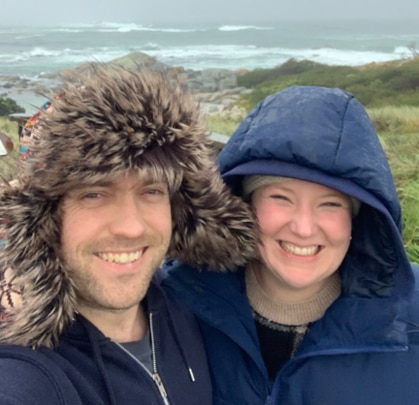‘Precision oncology’ needed for all rare cancer patients
Rare cancers result in one in five cancer deaths but patients still face massive inequities in the healthcare system.

All patients with a rare cancer should have access to genomic profiling and matching precision medicines, a leading molecular oncologist says, as he calls on the Australian Government to rethink how it evaluates and reimburses high cost drugs.
David Thomas, Chief Science and Strategy Officer at not-for-profit genomics organisation Omico, will use a National Press Club address on Wednesday, Rare Cancers Awareness Day, to make an urgent plea for a “revolutionary” approach to funding “precision oncology” for those cancer patients with the fewest treatment options.
Rare cancers are a “well-documented problem” for the Government and amount to one-in-five cancer deaths, Professor Thomas, Director of the UNSW Centre of Molecular Oncology, said - adding we can’t afford not to “solve cancer”.
Yet existing genomic technologies can ‘read’ DNA to map unique cancer mutations, and match these to precision medicines, which “are incredibly powerful and only target the mutations in the cancer”.
“The results are extraordinary. The science is unquestionable - precision oncology can extend and save lives,” he said.
Of the more than 6000 Australians diagnosed with hard-to-treat cancers who were referred to Omico’s cancer genomics initiative PrOSPeCT, 75 per cent had an “actionable genetic biomarker” in their cancer, which could be matched to emerging medicines, currently few of which are publicly available.

Professor Thomas will also call for immediate changes to Australia’s “dated” health technology assessment scheme.
“The average time taken from when a drug is shown to be effective and safe before it becomes publicly reimbursed, is almost 18 months. A person dying from cancer might be reading about a new set of drugs, but may die waiting for the drug to become available,” he said.
“The secondary problem with rare cancers is that because we don’t have genetic screening available, there’s no way to find who could benefit from the drugs in the first place.”
“I’m proposing that we need… a structure that allows the simultaneous evaluation of the cost of health innovations, while providing access at the same time. In this model, effective therapies can be immediately introduced so patients have access, while generating the evidence that is critical to providing ‘value for taxpayer dollars’.”
Engineer Matthew Webster, 34, knows what it feels like to run out of options during rare cancer treatment.
He was diagnosed with a rare form of soft tissue cancer called Angiomatoid Fibrous Histiocytoma at just 24 years-old, which compressed his spinal cord and metastasised throughout his body.

He endured 11 surgeries, undergoing replacements in his arm, shoulder, and left hip, and received chemotherapy for two years, before he exhausted his chemotherapy options.
Mr Webster was enrolled in Omico’s MoST trial in 2016 and through genomic screening was matched to a precision medicine.
Within weeks, he recalls, the soft tissue tumours which could be felt through the skin disappeared.
His cancer has stopped growing and he could start to think about the future. He is expecting his first child next month.
Mr Webster said having a rare cancer is like “playing the waiting game”.
“I got told often ‘there is no playbook for your cancer’, and when you read between the lines, the doctor is telling you, ‘we’re guessing here’. Lots of doctors had never heard of the cancer before ... It doesn’t instil you with confidence that you’re going to have a good solution or a good plan for treatment,” he said.
“That’s really the benefit of these targeted therapies because they map the genome, and are able to say ‘this DNA sequence is susceptible tot this drug’, and they have plan for you. It gives you a lot more possibilities.”




To join the conversation, please log in. Don't have an account? Register
Join the conversation, you are commenting as Logout